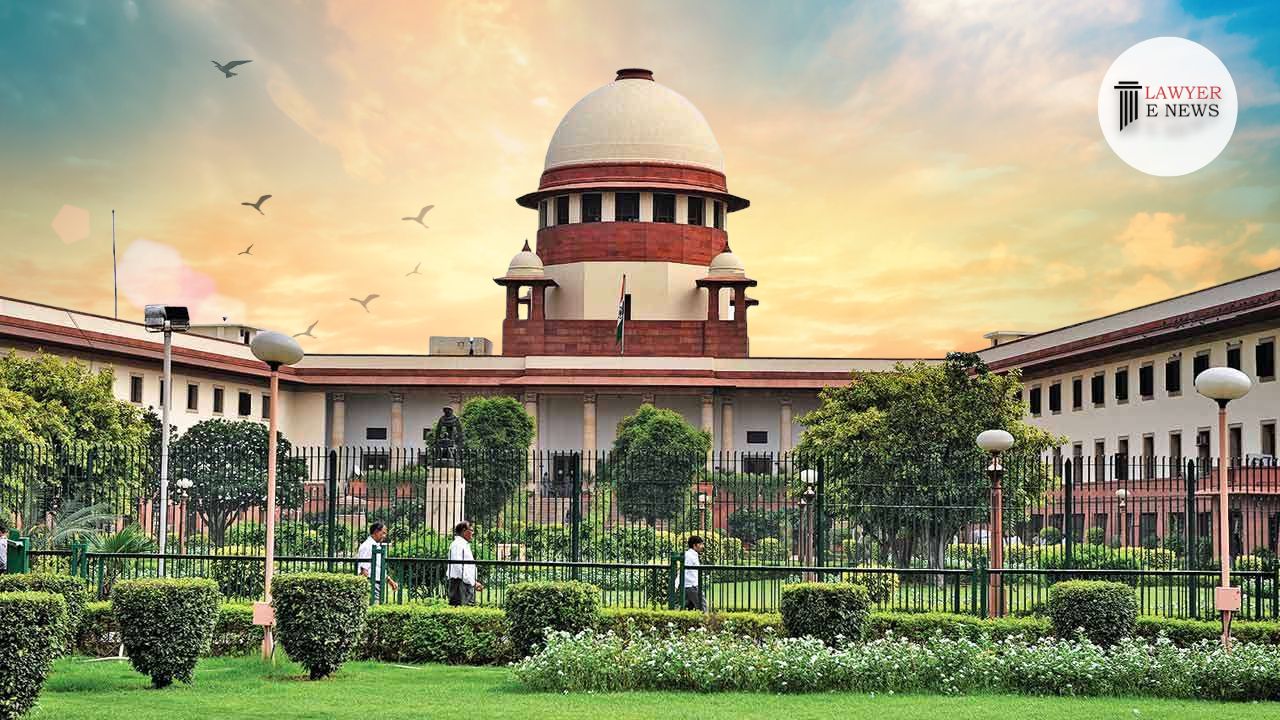-
by Admin
15 February 2026 5:01 PM



In a landmark judgment, the Supreme Court has decisively elaborated on the nuanced differences between an 'overcharge' and an 'illegal charge' under the Railways Act, 1989. This clarification came in the context of the Union of India's appeal against the order directing the railway administration to refund the difference in freight charges to M/S Indian Oil Corporation Ltd.
The judgment primarily hinged on interpreting the terms 'overcharge' and 'illegal charge' within the context of Section 106 of the Railways Act, 1989. The critical distinction lies in whether the excess freight charges were due to clerical errors ('overcharge') or fundamental contraventions of the law ('illegal charge').
Indian Oil Corporation Ltd. was initially charged freight for 444 km on the Baad to Hisar route, which was later revised to 333.18 km. The key issue was whether the additional charges constituted an overcharge or an illegal charge, impacting the possibility of a refund under the Railways Act.
Interpretation of Section 106(3) – The Court delved deeply into the meanings of 'overcharge' and 'illegal charge' under the Railways Act. An overcharge was seen as a legally payable excess charge due to errors, whereas an illegal charge was any sum charged against the provisions of the law.
Timeliness of Refund Claims – The Court emphasized the necessity of filing refund claims within a six-month period for overcharges, stressing the importance of timely action to ensure fairness.
Equity and Legal Redress – The Court acknowledged that certain charges might be refundable based on equitable grounds, even if they don't strictly fall under 'overcharge' or 'illegal charge'.
Statutory Interpretation – The judgment underscored the need for a reasonable interpretation of statutes, aligning them with legislative intent and natural justice principles.
Correctness of Notified Chargeable Distance – The Court scrutinized the change in the chargeable distance, concluding that the original distance of 444 km was erroneously calculated without changes in the route or track length.
Decision of the Judgement: The Supreme Court dismissed the appeals filed by the Union of India, holding that the original chargeable distance of 444 km was illegal. Consequently, the respondents were not liable for the freight charges based on the incorrect distance.
Date of Decision: 2024
Union of India v. M/S Indian Oil Corporation Ltd.
